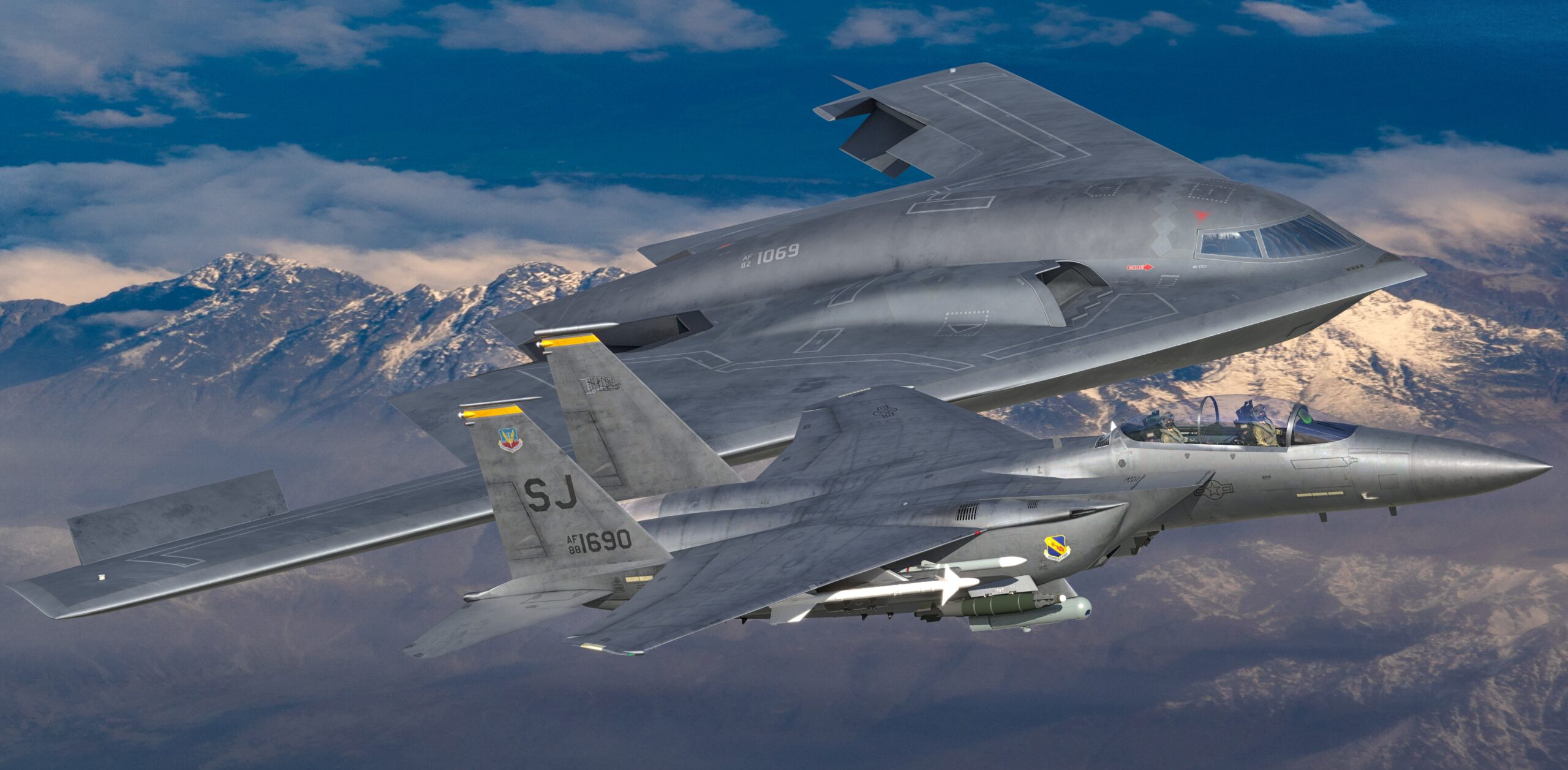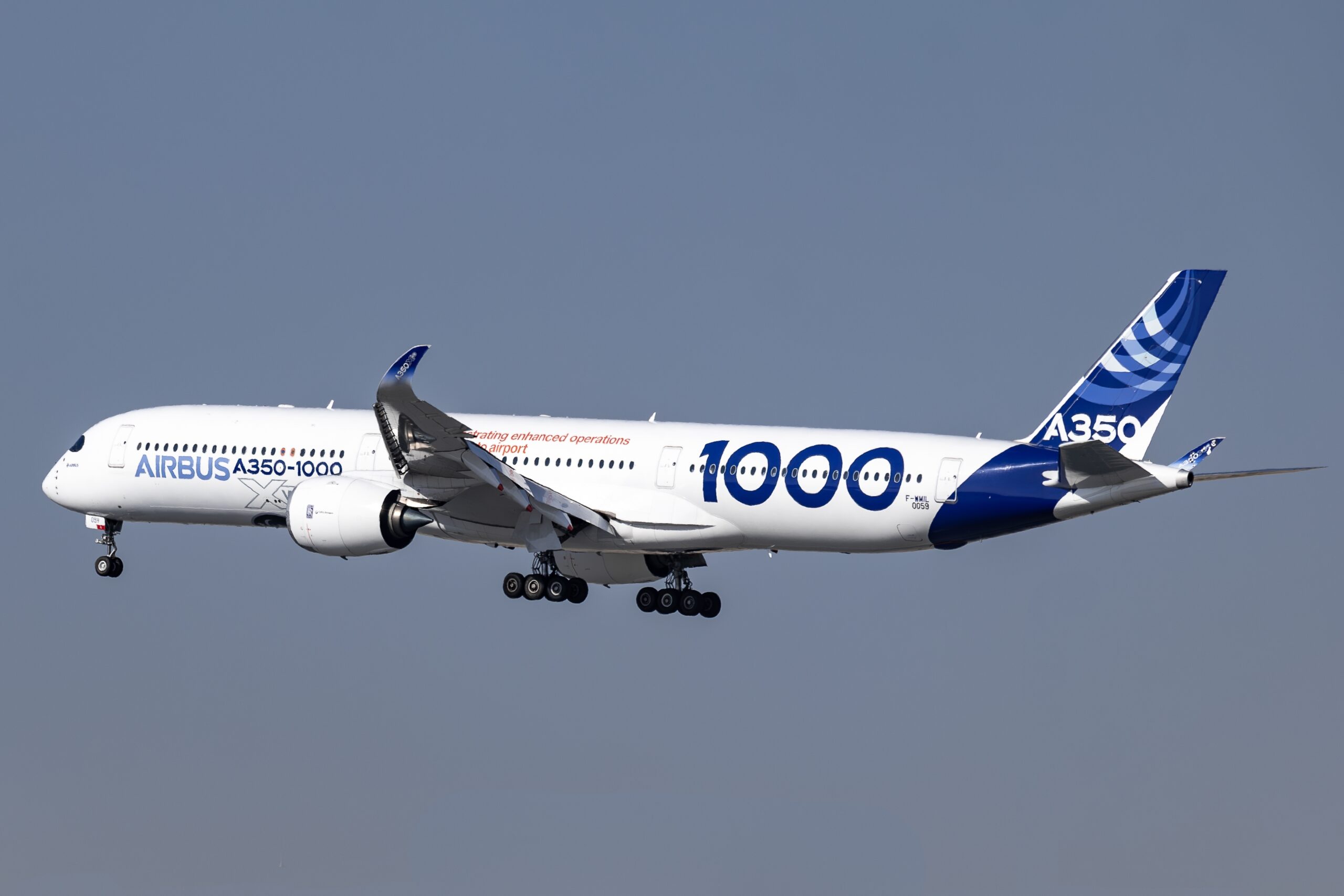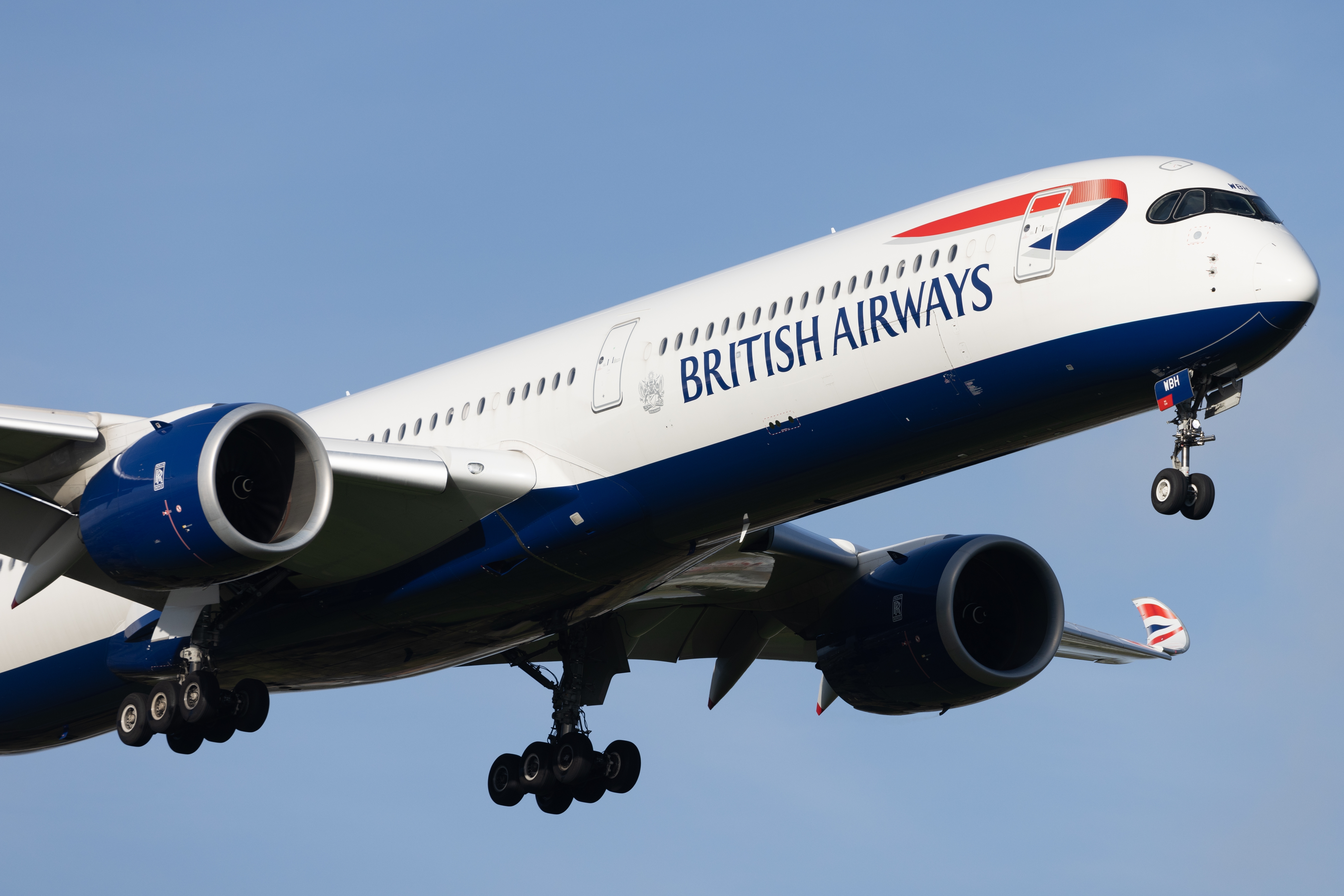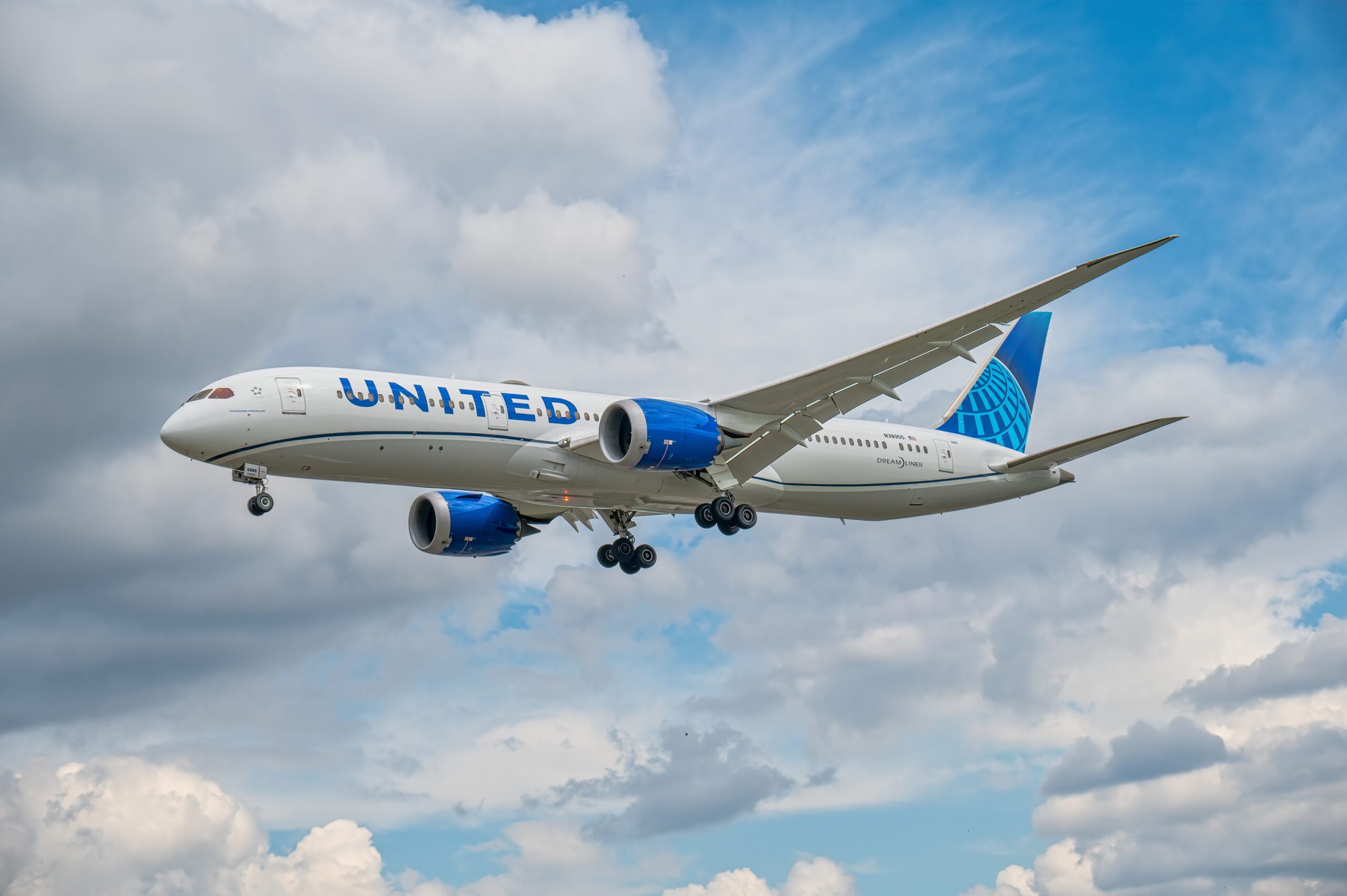Explore how the MD-11 FedEx fleet powers global logistics with unmatched cargo capacity, fuel efficiency, and reliability in long-haul freight operations.
Table of Contents
Understanding the MD-11 FedEx Aircraft
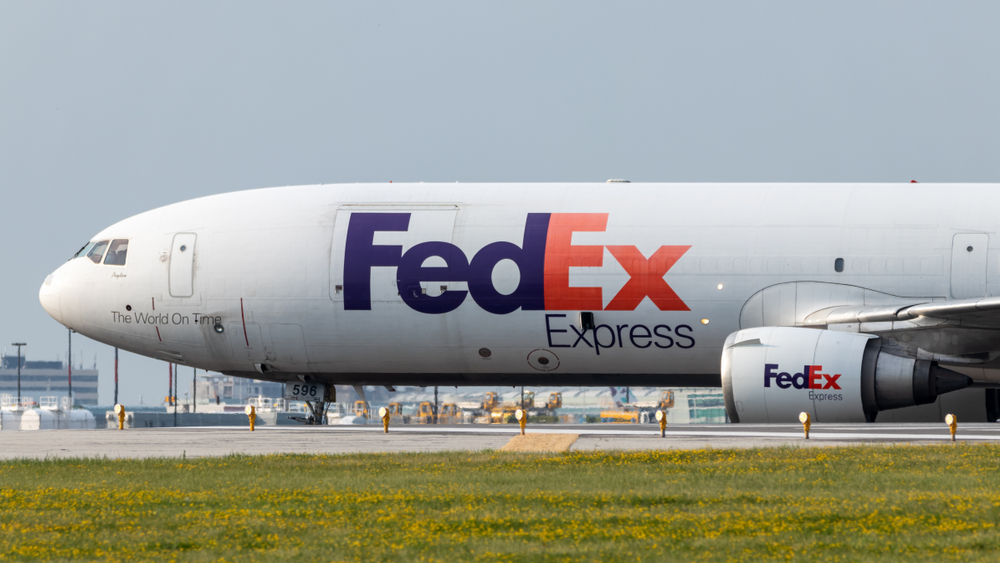
The MD-11 FedEx is a wide-body airliner manufactured by McDonnell Douglas. FedEx, a major American global courier delivery services company, is one of the largest operators of the MD-11. This aircraft plays a crucial role in the transportation and logistics industry. Here’s an in-depth look at the MD-11 and its significance to FedEx.
Development and Specifications of the MD-11
The MD-11 FedEx was developed as an updated version of the DC-10. It features improved aerodynamics, advanced avionics, and fuel-efficient engines. The maiden flight of the MD-11 took place on January 10, 1990.
- Wingspan: 169 feet 6 inches (51.69 meters)
- Length: 202 feet 7 inches (61.2 meters)
- Height: 57 feet 8 inches (17.6 meters)
- Cruise Speed: Mach 0.82 (560 mph or 900 km/h)
- Range: Approximately 7,242 miles (11,660 km)
The MD-11 can carry up to 440 passengers in a mixed-class configuration. However, FedEx utilizes the aircraft solely for cargo, making modifications to maximize freight capacity.
FedEx’s Use of the MD-11
FedEx has been a key operator of the MD-11 since the early 1990s. The company has consistently utilized this aircraft model for its long-haul flight operations. FedEx’s fleet includes freighter versions of the MD-11, specially adapted to transport large volumes of cargo across continents.
The MD-11 offers FedEx significant payload advantages. With a maximum payload capacity of about 200,000 pounds (90,700 kg), it can carry substantial quantities of freight. This makes it ideal for FedEx’s global shipping network.
Conversion from Passenger to Freighter
FedEx has converted several MD-11s from passenger aircraft to freighters. This involves removing passenger seating, reinforcing the floor, and installing cargo handling systems. These modifications significantly increase the usable space for cargo.
Conversion also introduces unique elements like loading doors and other structural reinforcements. The process ensures that the aircraft meets the operational requirements for freight transport and complies with aviation safety regulations.
Operational Advantages
The MD-11’s design gives it operational efficiency and flexibility. Its three-engine layout provides a balance between performance and fuel consumption. This makes it suitable for long-haul routes. Moreover, its wide fuselage allows for easy loading and unloading of diverse cargo types.
FedEx benefits from the MD-11’s ability to operate from shorter runways. This is particularly useful for accessing smaller airports that are integral to the company’s extensive delivery network. The aircraft’s range allows it to link major hubs around the world, facilitating timely deliveries.
Technological Features
The MD-11 incorporates advanced avionics and systems. Its Flight Management System (FMS) supports efficient navigation and flight operations. The MD-11’s cockpit design emphasizes pilot efficiency and safety, with automation reducing workload and enhancing situational awareness.
Autopilot and autothrottle are integrated into the aircraft’s flight control systems. These features ensure optimal performance during all phases of flight. Real-time data sharing capabilities allow FedEx to monitor the aircraft’s condition, leading to timely maintenance and minimizing downtime.
Sustainability
FedEx has focused on sustainability in its operations, and the MD-11 is part of this strategy. The aircraft’s fuel efficiency has been optimized through consistent updates and innovations in engine technology. These efforts reduce its environmental footprint.
The company also implements operational practices that lower emissions and fuel consumption. This includes efficient flight planning and routing. The MD-11’s role in these initiatives demonstrates FedEx’s commitment to sustainable aviation.
Challenges and Solutions
Operating an aging fleet presents challenges. The MD-11 has been in service for over three decades, necessitating regular maintenance. Parts may become scarce, and technological upgrades are required to meet modern standards.
FedEx addresses these issues proactively. It maintains a rigorous maintenance schedule and invests in parts manufacturing and refurbishment. Collaborating with aerospace companies ensures access to necessary components and support.
Economic Impact
The MD-11 is integral to FedEx’s economic model. Its capacity and efficiency enable the cost-effective transportation of goods. This supports FedEx customers in various industries by providing reliable and timely shipping solutions.
By efficiently connecting global markets, the MD-11 helps drive economic activity. Businesses rely on FedEx’s ability to deliver products quickly, which helps keep supply chains moving smoothly.
Retirement Plans
As aviation technology evolves, FedEx plans to phase out the MD-11. Newer, more efficient aircraft are gradually replacing it. This transition reflects advancements in aircraft design and environmental considerations.
While the MD-11 remains a key asset, FedEx is transitioning to aircraft like the Boeing 777F. These new models offer enhanced performance and reduced operational costs. The shift ensures that FedEx remains competitive and sustainable.
Legacy
The MD-11 has marked its significance in aviation history. For FedEx, it has been more than just a cargo hauler. Its reliability, capacity, and operational efficiency have significantly contributed to the company’s success over the years.
This aircraft has allowed FedEx to establish a robust global network. It has also facilitated the company’s growth and ability to meet customer expectations consistently.
Conclusion
With the phase-out on the horizon, the legacy of the MD-11 will endure. Its role in building the FedEx brand and supporting global logistics is a testament to its design and operational prowess. Though newer models will take its place, the MD-11’s contributions to aviation and commerce remain indelible.

